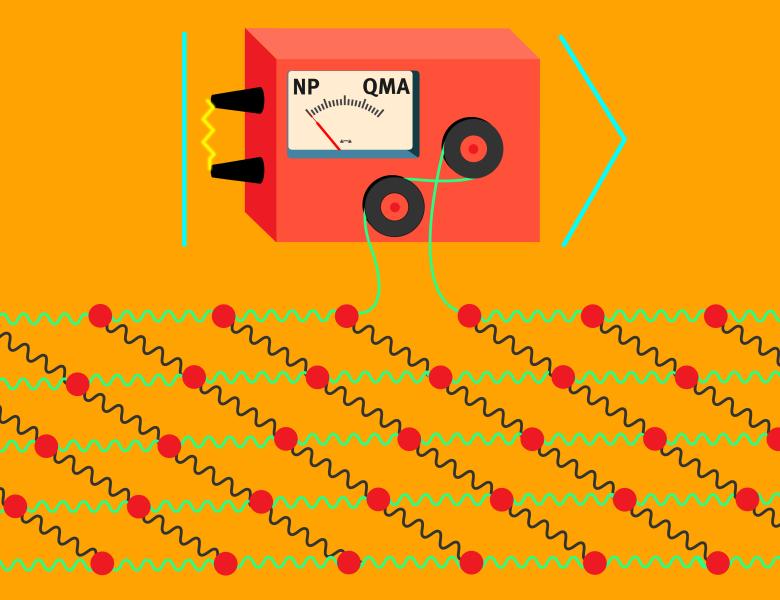
Abstract
We present a protocol for fault-tolerantly implementing the logical quantum random access memory (QRAM) operation, given access to a specialized, noisy QRAM device. For coherently accessing classical memories of size $2^n$, our protocol consumes only $\mathrm{poly}(n)$ fault-tolerant quantum resources (logical gates, logical qubits, quantum error correction cycles, etc.), avoiding the need to perform active error correction on all $\Omega(2^n)$ components of the QRAM device. This is the first rigorous conceptual demonstration that a specialized, noisy QRAM device could be useful for implementing a fault-tolerant quantum algorithm. In fact, the fidelity of the device can be as low as $1/\poly(n)$. The protocol queries the noisy QRAM device $\poly(n)$ times to prepare a sequence of $n$-qubit QRAM \textit{resource states}, which are moved to a general-purpose $\poly(n)$-size processor to be encoded into a QEC code, distilled, and fault-tolerantly teleported into the computation. To aid this protocol, we develop a new gate-efficient streaming version of quantum purity amplification that matches the optimal sample complexity in a wide range of parameters and is therefore of independent interest.
The exponential reduction in fault-tolerant quantum resources comes at the expense of an exponential quantity of purely classical complexity---each of the $n$ iterations of the protocol requires adaptively updating the $2^n$-size classical dataset and providing the noisy QRAM device with access to the updated dataset at the next iteration. While our protocol demonstrates that QRAM is more compatible with fault-tolerant quantum computation than previously thought, the need for significant classical computational complexity exposes potentially fundamental limitations to realizing a truly $\mathrm{poly}(n)$-cost fault-tolerant QRAM.
Joint work with: Connor T. Hann, Sam McArdle, Grant Salton, Quynh T. Nguyen, Aleksander Kubica, Fernando G.S.L. Brandao


